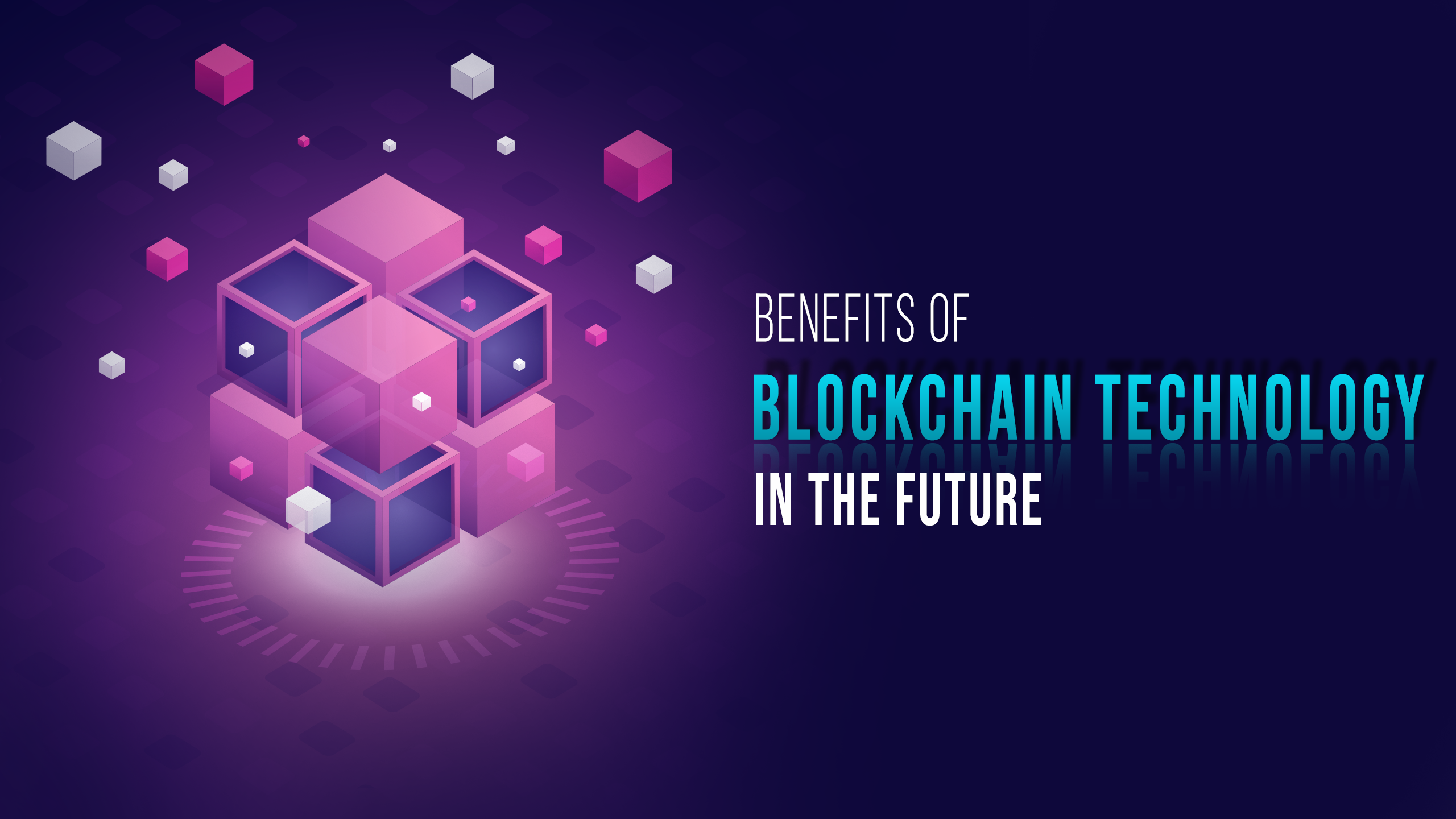Blockchain technology has emerged as a groundbreaking innovation with the potential to revolutionize various industries across the globe. From finance to healthcare and supply chain management, the benefits of blockchain are far-reaching and hold immense promise for the future. In this article, we will explore the advantages that blockchain technology brings to the table and how it can reshape our world.
Understanding Blockchain Technology
Blockchain technology is a decentralized and distributed digital ledger that records transactions across multiple computers. It provides a secure and transparent way of verifying and storing information without the need for intermediaries like banks or government institutions. Each transaction, or block, is linked to the previous one, forming a chain of blocks that is virtually tamper-proof.
Enhanced Security and Transparency
One of the key benefits of blockchain technology is its enhanced security and transparency. Since data is stored across multiple computers in a decentralized manner, it is extremely difficult for hackers to manipulate or compromise the information. Additionally, the transparent nature of blockchain allows for real-time auditing and verification, reducing the risk of fraud or corruption.
Decentralization and Elimination of Intermediaries
Blockchain technology enables decentralization by removing the need for intermediaries in various processes. Traditional systems often rely on middlemen such as banks, brokers, or lawyers to facilitate transactions. With blockchain, peer-to-peer transactions become possible, eliminating the need for costly intermediaries and reducing transaction fees.
Improved Efficiency and Cost Reduction
By streamlining processes and eliminating intermediaries, blockchain technology significantly improves efficiency and reduces costs. Transactions that typically take days or even weeks to complete can now be done in a matter of minutes, saving time and resources. Moreover, blockchain eliminates the need for manual paperwork and reconciliation, further reducing operational costs.
Streamlined Supply Chain Management
Blockchain technology has the potential to revolutionize supply chain management by increasing transparency and traceability. With blockchain, each step of the supply chain can be recorded and verified, ensuring the authenticity and integrity of products. This enables more efficient tracking of goods, reduces counterfeiting, and enhances consumer trust.
Enhanced Data Integrity and Privacy
Data stored on the blockchain is highly secure and tamper-proof. The decentralized nature of the technology ensures that no single entity has control over the data, making it resistant to hacking or unauthorized access. Additionally, blockchain provides users with more control over their personal data, allowing them to share information selectively and securely.
Smart Contracts and Automation
Blockchain technology enables the use of smart contracts, which are self-executing contracts with predefined rules. These contracts automatically trigger actions and enforce agreements when specific conditions are met. Smart contracts eliminate the need for intermediaries, reduce transaction costs, and ensure transparency and accuracy in contractual arrangements.
Financial Inclusion and Access to Services
Blockchain technology has the potential to provide financial inclusion to the unbanked and underbanked populations worldwide. Through blockchain-based digital wallets, individuals can access financial services, make secure transactions, and build credit histories. This opens up new opportunities for economic empowerment and reduces the reliance on traditional banking systems.
Voting and Governance Systems
The transparency and immutability of blockchain make it an ideal technology for voting and governance systems. Blockchain-based voting platforms can ensure the integrity of elections by eliminating voter fraud and tampering. Additionally, blockchain can enhance transparency in governance by providing a decentralized and auditable record of decisions and policies.
Intellectual Property Protection
Blockchain technology can revolutionize the protection of intellectual property rights. By leveraging blockchain’s immutability and transparency, creators can securely register their work and prove ownership. This helps combat plagiarism and copyright infringement while providing a verifiable record of intellectual property rights.
Healthcare and Medical Records
The use of blockchain in healthcare can transform the way medical records are stored and shared. Blockchain enables secure and interoperable data exchange between healthcare providers, improving the continuity and quality of care. Additionally, patients gain more control over their health data, ensuring privacy and facilitating research advancements.
Energy and Sustainability
Blockchain technology can play a significant role in promoting energy efficiency and sustainability. By enabling peer-to-peer energy trading and decentralized energy grids, blockchain facilitates the integration of renewable energy sources. This not only reduces carbon emissions but also empowers individuals to become active participants in the energy transition.
Education and Credential Verification
Blockchain technology can streamline the verification of educational credentials and certifications. By storing certificates and degrees on the blockchain, individuals can easily prove their qualifications without relying on centralized institutions. This enhances trust in the hiring process and reduces the risk of fraudulent claims.
Real Estate and Land Registry
The use of blockchain in real estate can simplify property transactions and reduce fraud. Blockchain-based land registries provide a transparent and immutable record of property ownership, eliminating the need for costly title searches and reducing the risk of multiple claims. This improves the efficiency and security of real estate transactions.
Conclusion
Blockchain technology holds immense potential to transform various industries and reshape the future. Its benefits in terms of security, transparency, decentralization, and efficiency are driving widespread adoption across the globe. As we continue to explore the possibilities of blockchain, it is crucial to embrace this technology responsibly and leverage it for the betterment of society.
Want to Build a Blockchain App?




